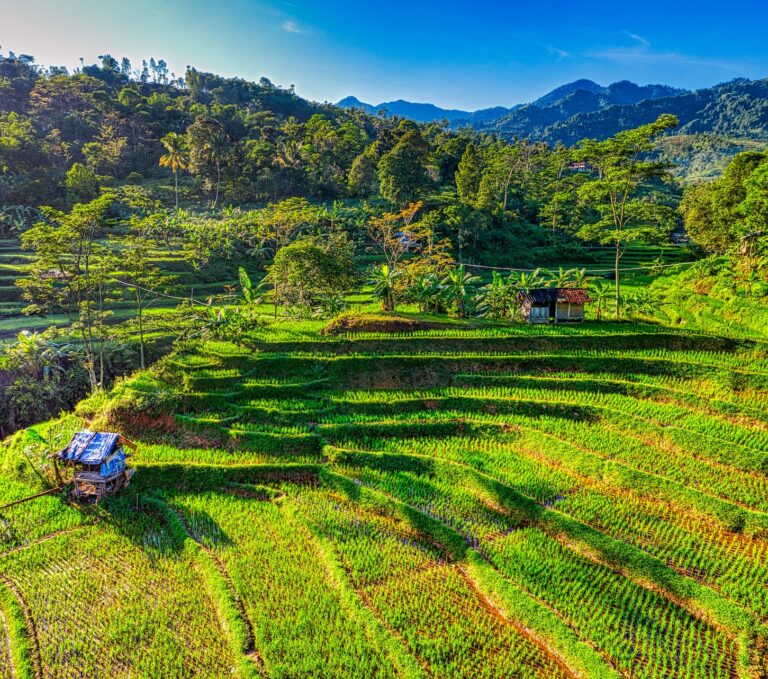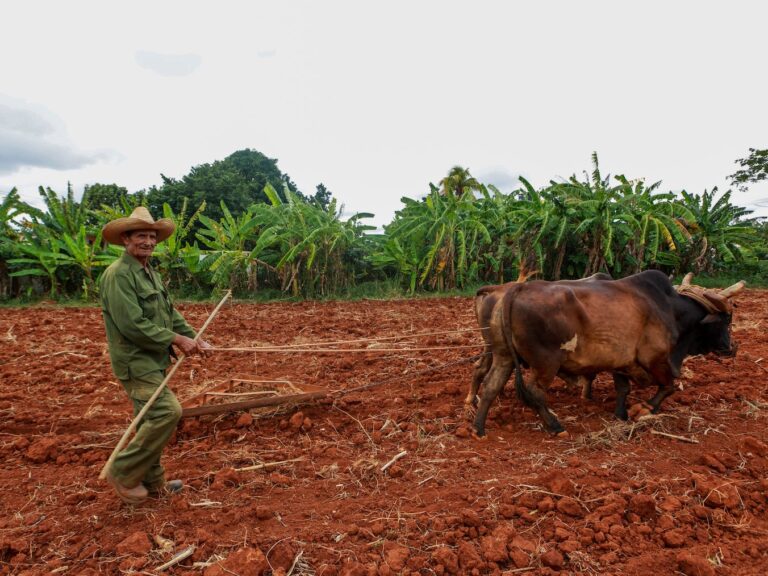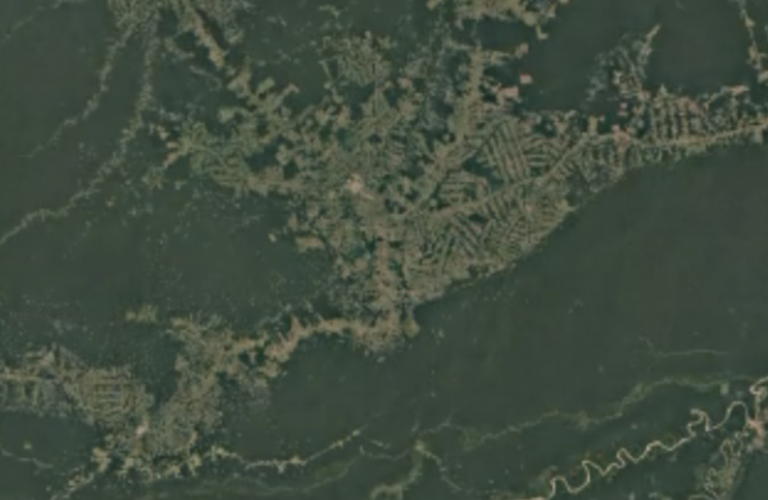Conservation of Land & Indigenous Livelihoods
Conserving lands and the livelihoods of indigenous peoples goes hand in hand. Sustainability includes economic, social, and ecological factors of a region. It turns out, that solving for a sustainable use of land, usually also supports – and many times requires – a sustainable economic and social community too.…
Providing Technical Assistance to Farmers
An important part of transitioning a landscape to sustainable management is helping farmers (aka producers) adopt new technology and methods that are more sustainable than existing practices. This often requires education and training of local farmers, commonly referred to as technical assistance. Technical assistance seeks to achieve a win-win:…
Acre, Brazil: Supporting Forest Friendly Supply Chains
Acre, Brazil is the location of a successful case study showing that various stakeholders can be brought together to curb deforestation. As part of a movement spurred by REDD (Reducing Emissions from Deforestation and forest Degradation) to eliminate deforestation in the supply chains of products like palm oil, beef,…
Sustainable Land Use in San Martin
Project Purpose: Transition landscapes from unsustainable land use to sustainable land use. Mechanism: Incorporate key stakeholders to work together in implementing a sustainable land use plan that benefits everyone. Producers – the local farmers will earn a higher wage for their work and will have more security with increased…
The Root of The Problem
If human populations were much smaller, the earth would be able to rebound from agriculturally practices. However, with the world population exceeding 7 Billion, we are using more resources than the earth can replenish. When it comes to landscapes, this means we are clearing natural ecosystems at a rate…
What Are Sustainable Landscapes
A Landscape is an expanse of scenery that can be seen in a single view. Landscaping is the act of improving the look of the land. Sustainability in the context of landscapes means designing and managing land in a way that enables it to provide continual benefit to the…



